Haryana Switch to Hindi
Garbage will now be Raised on the Lines of Cities in the Villages of Haryana
Why In News?
- Haryana Development and Panchayat Minister Devendra Singh Babli said that under the nine-point program, villages will be developed on the lines of cities and now garbage collection will be done on the lines of cities in the villages of the state.
Key Points
- Devendra Singh Babli said that the state government has implemented the NGT guidelines for garbage collection on the lines of cities in the villages of the state, under which end-to-end solutions have become mandatory. Apart from this, the company handling the cleaning will have to take NOC from the small government of the village, after which the payment will be made to the firm.
- He said that an amount of about Rs 300 crore will be released to the Panchayats which elect the representatives of the people with mutual consent in the elections of Panchayati Raj Institutions. All the people's representatives will do shramdaan every week by taking people along with them. Also, on the lines of cities, the work of waste management will be done by forming clusters in the villages.
- He told that in the coming two years, a big change will be made in the villages. E-libraries will be built in all villages in which women and youth will be able to sit and prepare up to UPSC. The old panchayat buildings of the villages or buildings built by the society will be beautified and developed on the lines of marriage palaces.
- In the villages, the fairs will be confirmed and solar lights will be installed and a rural plan will also be prepared to install CCTV cameras on the main roads of the villages. This will go a long way in curbing criminal activities in villages. Along with this, these cameras will be connected to the cities.
- Significantly, Haryana is the first state in the country where educated and youth panchayats have been elected. 70 to 80 percent of the public representatives in the state are below the age group of 45 to 50 years. Now there will be a special focus on quality in development works and development works will be done through e-tendering by forming a monitoring committee in all the villages.
Haryana Switch to Hindi
Haryana's Water Atlas
Why In News?
- According to information received from the media on December 11, 2022, the Water Atlas of Haryana has now been prepared after working for decades by the Haryana Water Resources Authority (HWRA). It will be launched at the end of this month.
Key Points
- Through the atlas, information about the falling ground water level of the state will now be available every year. Along with this, water demand-supply data will also be prepared in five years. Soil erosion and rainfall patterns will also be explained through the atlas. The atlas will help the farmers of the state to understand the water level in their area.
- According to the Haryana Water Resources Authority (HWRA), which is working on making the atlas, the authority is mapping the aquifer (underground layer of rock holding water). Haryana Space Applications Centre (HARSAC) is also collaborating in this work.
- The state's water atlas will have data on the demand and supply of water for the next 5 years. In this, along with the need of water for every village family, the sources of water of the villages will also be mentioned. This data will help in mapping the water gap and strategizing on ways to reuse waste water.
- It is known that the ground water level in the state of Haryana has been declining since the formation of the state. Every year, groundwater is declining by one meter. The average ground water level in the state is 21.65 meters. In Kurukshetra, it has gone down to 42.4 meters, Karnal by 22.2 meters, Kaithal by 32.95 meters, while in Mahendragarh, the ground water level has gone down to 48.36 meters.
Haryana Switch to Hindi
Haryana Approves Revised State Action Plan on Climate Change (SAPCC-2)
Why In News?
- The revised State Action Plan on Climate Change (SAPCC-2) was approved at a meeting of the Haryana State Level Steering Committee on Climate Change held in Chandigarh recently under the chairmanship of Haryana Chief Secretary Sanjeev Kaushal.
Key Points
- The Chief Secretary informed that as per the Revised State Action Plan on Climate Change (SAPCC Phase-II) 2021-30 approved revised plan, 73 works have been proposed, out of which 37 are related to adaptation. 28 are related to mitigation and 8 strategies are related to both adaptation and mitigation.
- The total proposed budget for these activities over 10 years (2021-30) is Rs 39,371.80 crore. The action plan will be submitted to the National Level Steering Committee, Ministry of Environment, Forest and Climate Change (MoEFCC) for final approval.
- He informed that the revised scheme aims to align and redefine the targets considering the 8 Nationally Determined Contribution (NDC) targets.
- These eight NDCs include sustainable lifestyles, clean economic growth, reducing emission intensity of gross domestic product (GDP), increasing the share of non-fossil fuel-based electricity, enhancing carbon sink (forest) adaptation, financing and technology transfer and capacity building.
- In the meeting, the Chief Secretary directed all the concerned departments to update the plans, strategies and tasks for workable mitigation and adaptation action and strategy by 2030. Apart from this, directed to organize bi-monthly meeting of the State Advisory Group for monitoring and evaluation of SAPCC.
- It was informed in the meeting that in the revised SAPCC Phase-II, 8 different sectors have been added to different working groups under the Adaptation and Mitigation category. These five action groups under the Adaptation category include sustainable agriculture, water resources, forests and environment including biodiversity, strategic knowledge and skill development and mountain ecosystems. The three action groups for the mitigation category include promoting energy efficiency, solar missions, sustainable housing and industry.


.png)



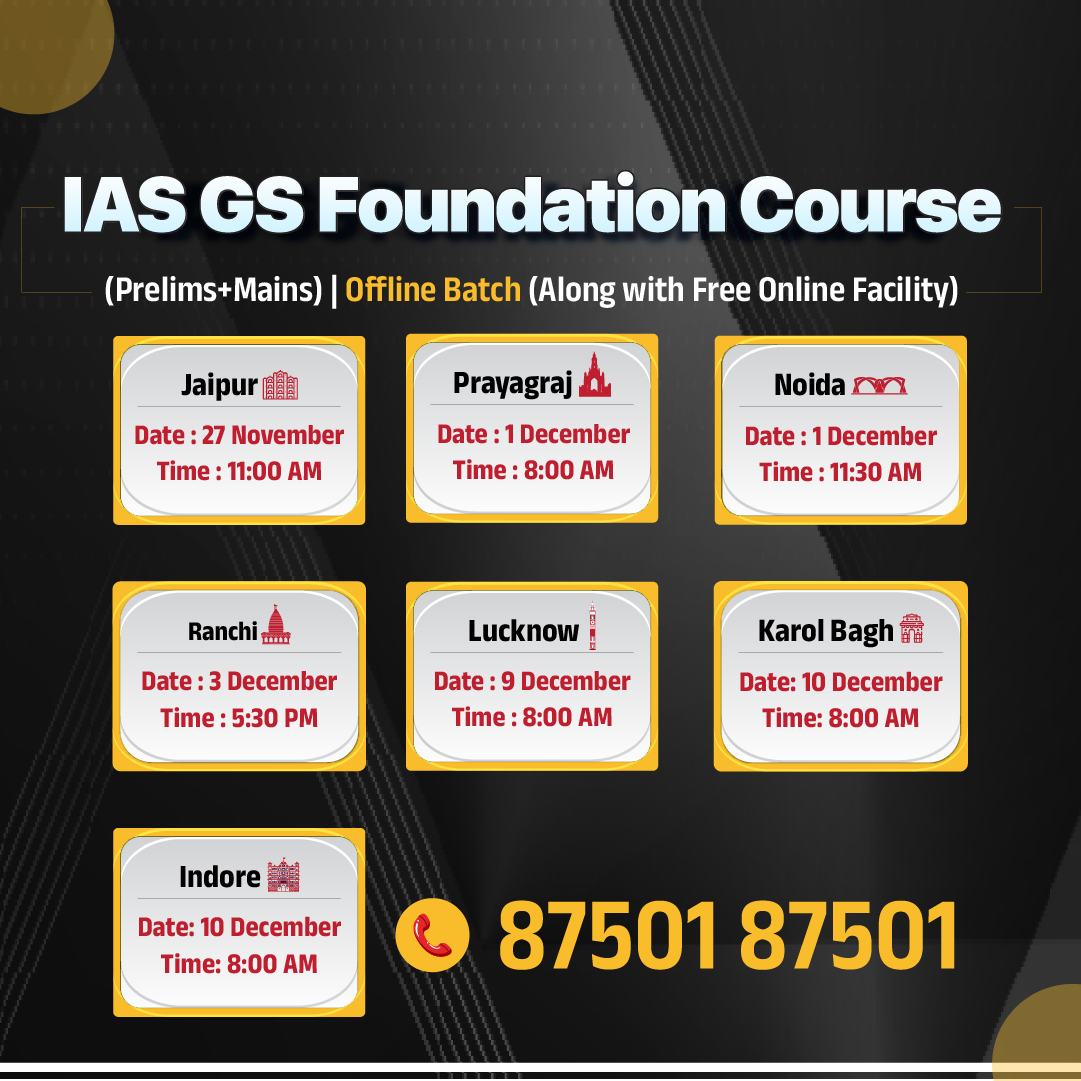
.jpg)








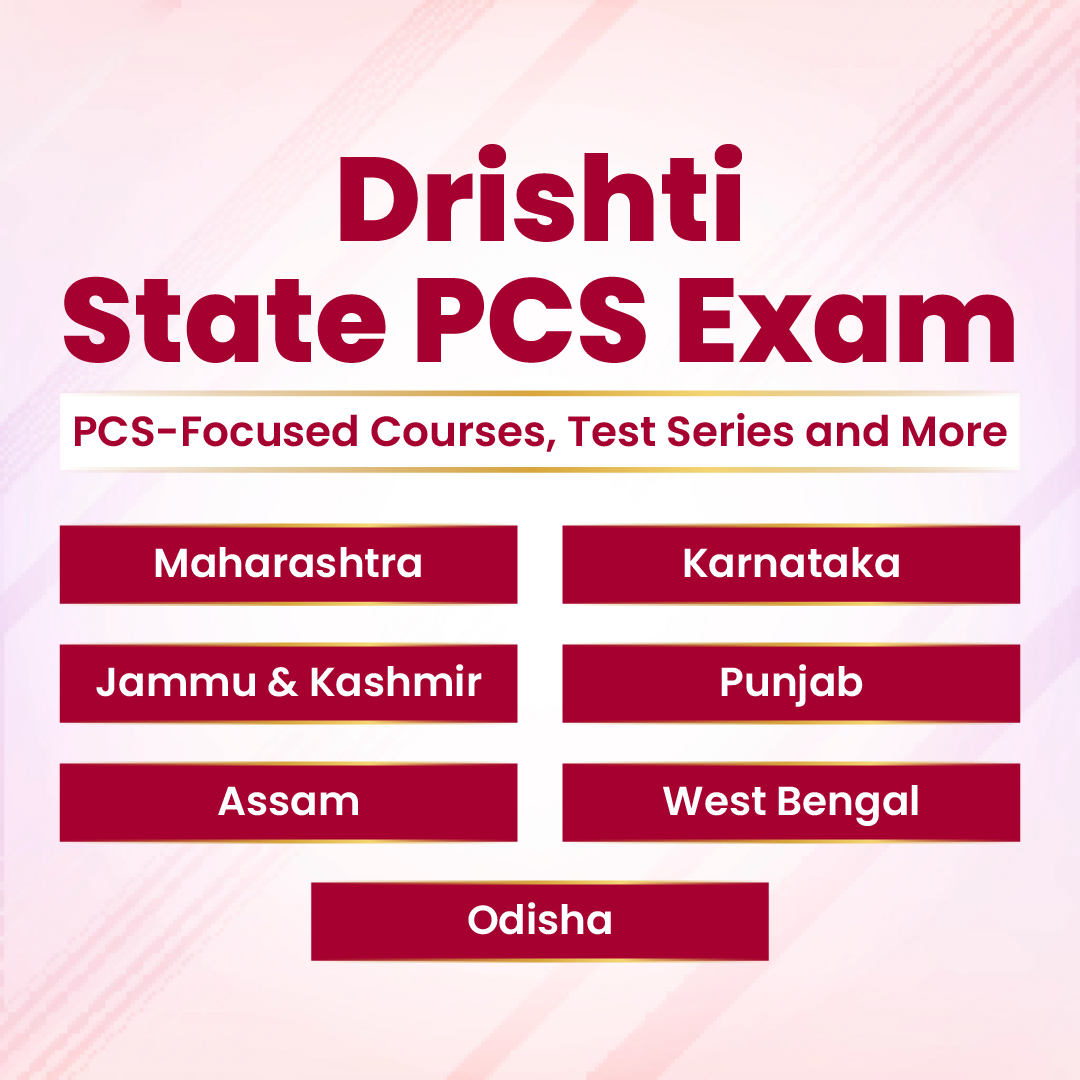

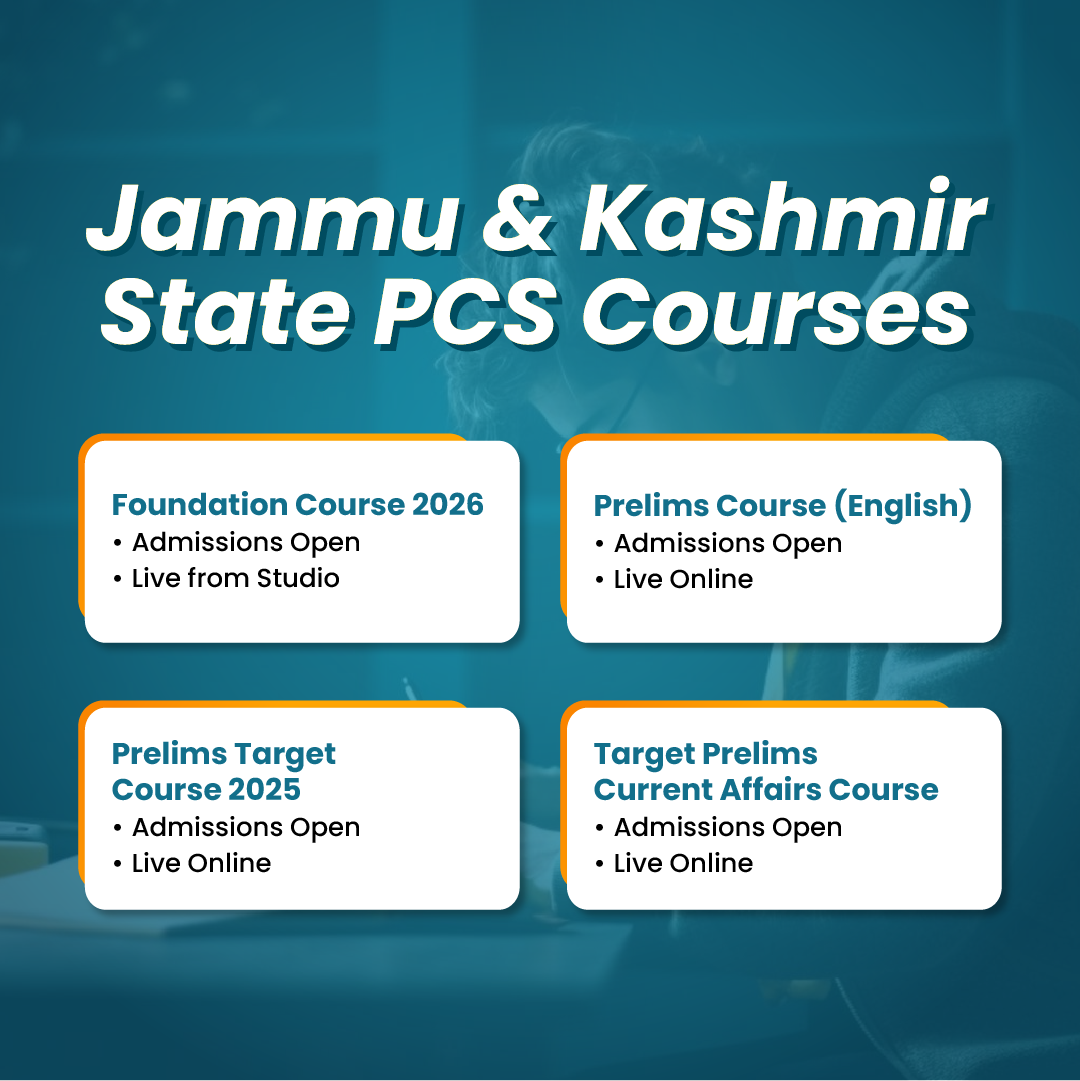







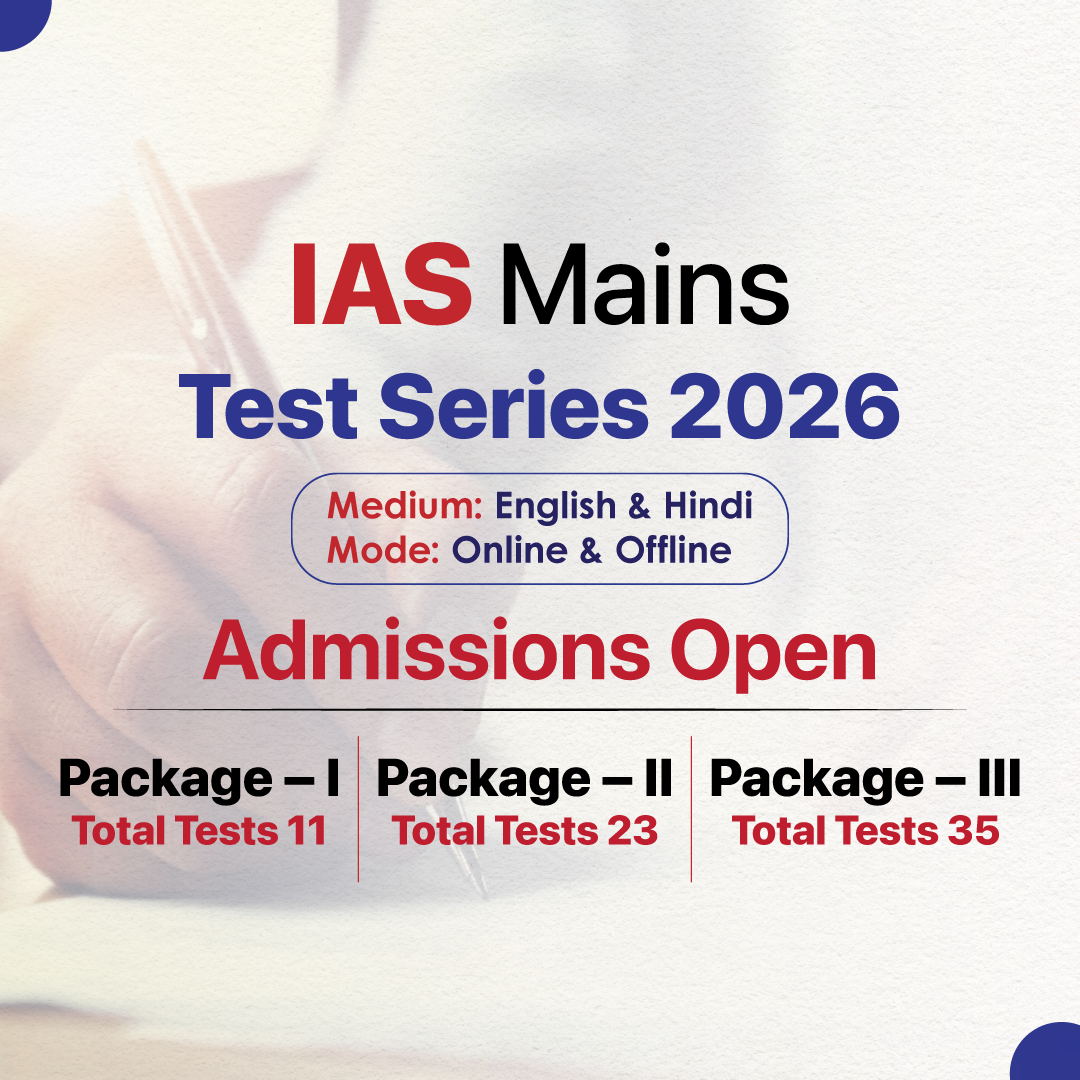

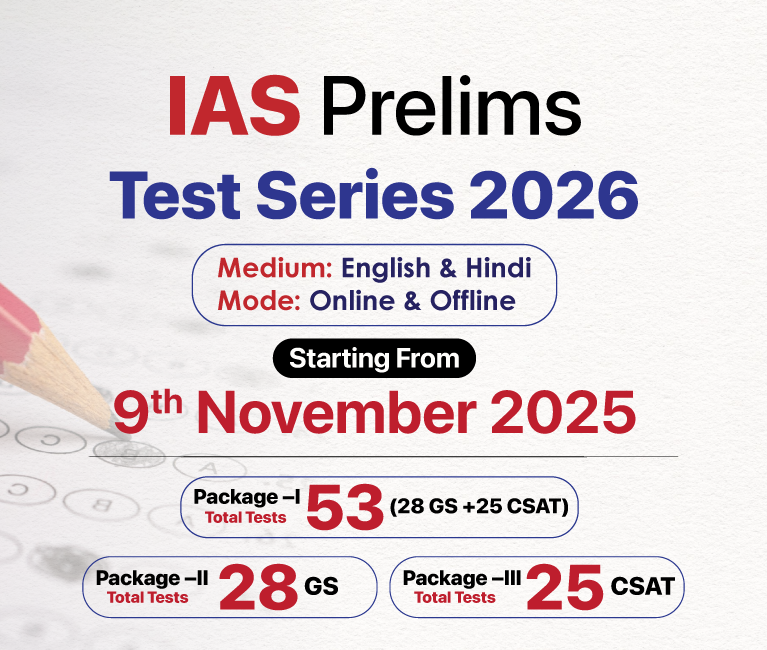


.png)


.jpg)

 PCS Parikshan
PCS Parikshan

